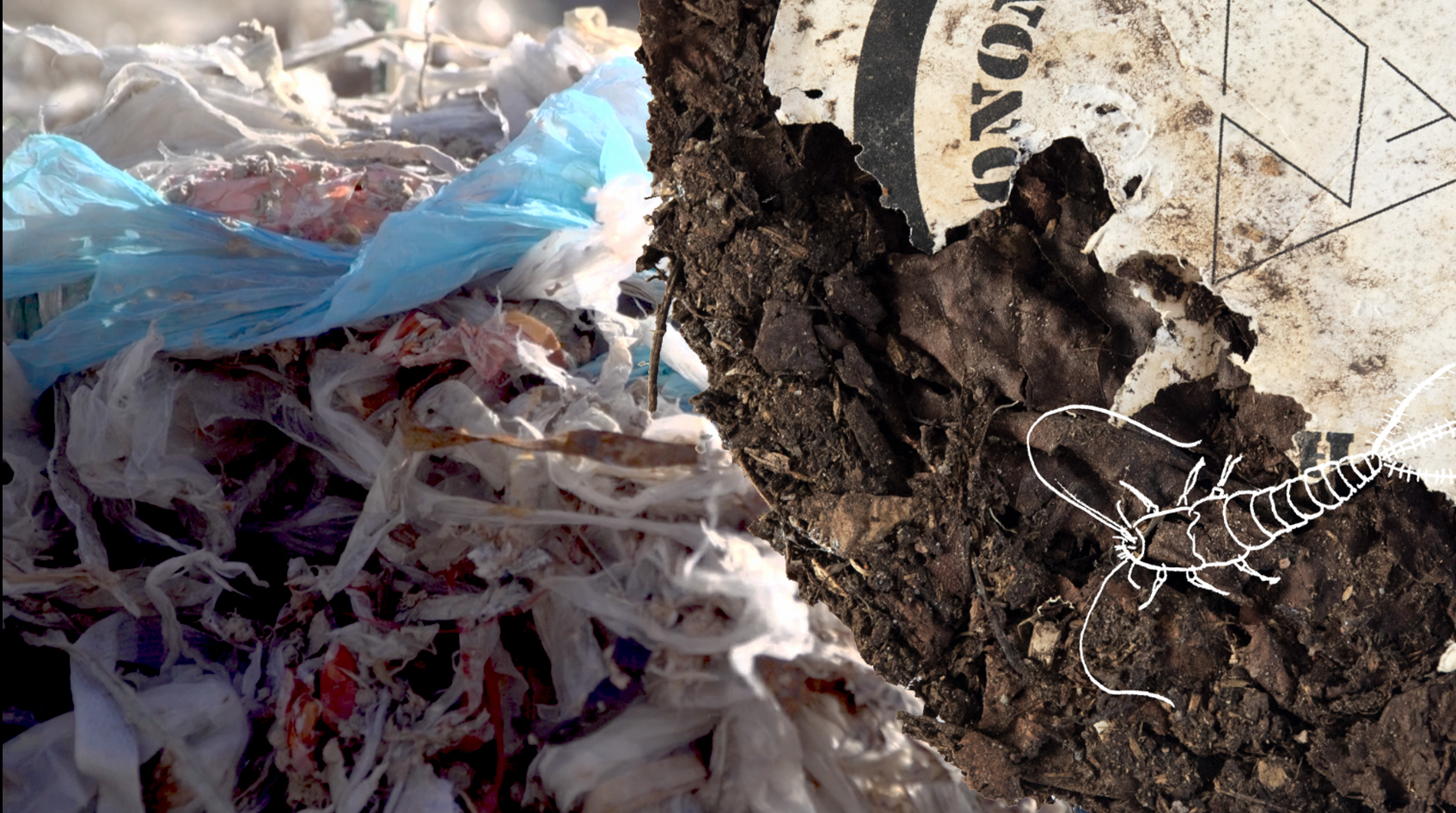-
The Posthumanities Hub Seminar on ‘Becoming better ancestors to more-than-human future generations’, 20th May 13:15-14:45
Welcome to The Posthumanities Hub Seminar on ‘Becoming better ancestors to more-than-human future generations’ with speakers Associate Prof. Christina Fredengren and Prof. Cecilia Åsberg! When: […]
-
Streaming STREAMS: now available online!
STREAMS is an international conference for the Environmental Humanities (EH) that gathers researchers from a wide range of academic disciplines as well as artists, activists […]
